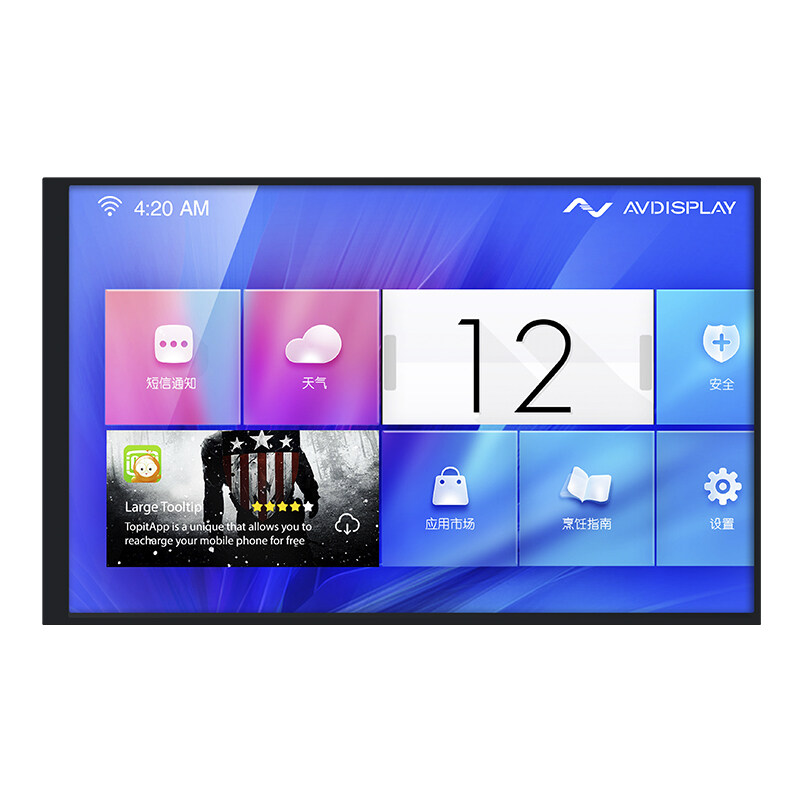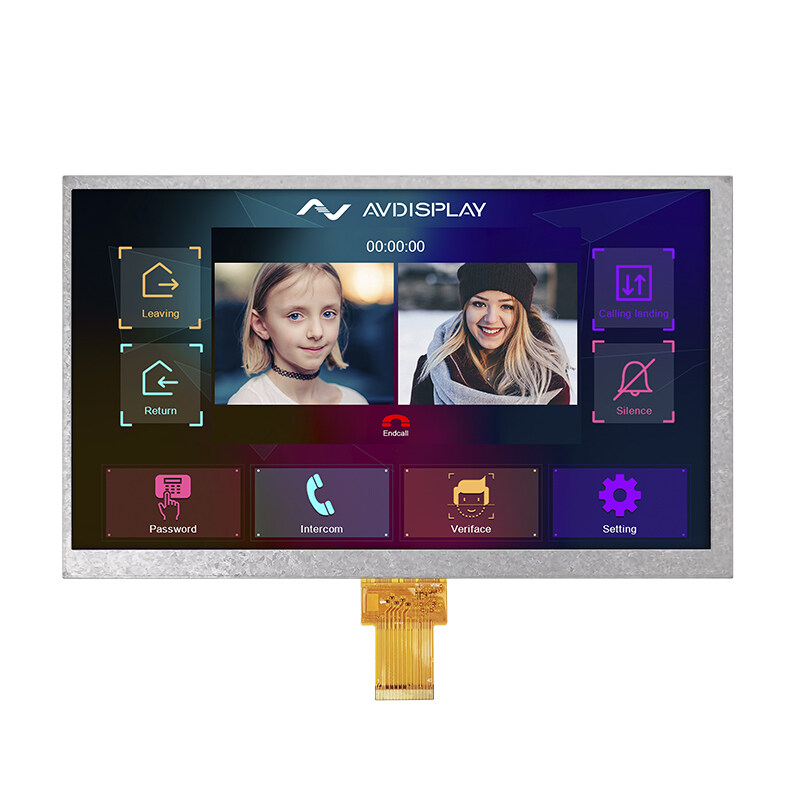Email format error
Email cannot be empty
Email already exists
6-20 characters(letters plus numbers only)
The password is inconsistent
Email format error
Email cannot be empty
Email does not exist
6-20 characters(letters plus numbers only)
The password is inconsistent


The digital revolution has brought about an explosion of innovative display technologies, with TFT displays emerging as a frontrunner in various applications. From the vibrant screens of our smartphones to the sleek interfaces of modern cars, TFT (Thin Film Transistor) technology has become synonymous with high-quality visual output. Let's explore the wide range of devices that utilize TFT displays and understand their significance in today's tech-driven world.
The portable nature of smartphones and tablets has made TFT displays an ideal choice. These devices demand high-resolution screens with vibrant colors and sharp contrasts, which TFT technology delivers efficiently. Whether it's for gaming, streaming, or everyday use, the image quality provided by TFT screens enhances the user experience.
As we move to larger screens, TFT displays continue to impress. Laptops and televisions rely on TFT technology to offer crisp images and fast refresh rates. These displays are designed to handle more detailed visuals and are often found in high-definition (HD) and 4K resolutions, making them perfect for professional use and entertainment.
The automotive world has embraced TFT displays for their ability to provide clear and dynamic visuals. From instrument clusters that show vital driving information to infotainment systems that offer navigation and entertainment, these displays are crucial for an engaging driving experience. The automotive industry's shift towards digital interfaces has been significantly supported by TFT technology, which can withstand the unique challenges of in-vehicle use, such as temperature fluctuations and resistance to vibrations.
In industrial settings, TFT displays are prized for their durability and reliability. They are used in control panels, monitoring systems, and equipment displays, where they provide real-time data and feedback. The ruggedness of TFT screens makes them suitable for harsh environments, and their ability to present data clearly and accurately is essential for effective operation and safety in industrial applications.
The medical field also relies on TFT displays for critical tasks. High-resolution images are vital in diagnostic imaging equipment, where every detail can be crucial for medical professionals. TFT screens offer the clarity and detail needed for accurate assessments, contributing to better patient outcomes.
In the retail and advertising sectors, TFT displays captivate audiences with vibrant colors and sharp images. Digital signage and point-of-sale systems use these displays to attract and engage customers effectively. The ability of TFT screens to convey messages powerfully makes them a favorite in marketing and advertising.

TFT displays are known for their ability to deliver high resolutions, providing sharp and detailed images. This is particularly important in applications where visual clarity is crucial, such as professional photography and graphic design.
TFT displays are more energy-efficient than other display technologies, making them suitable for battery-powered devices. This feature is beneficial for extending battery life in smartphones, tablets, and other portable devices.
The widespread production of TFT displays has made them a cost-effective option for manufacturers. This affordability makes high-quality displays accessible to a broader range of consumers.
One of the main disadvantages of TFT displays is their limited viewing angles compared to some other technologies. This can affect the overall visual experience, especially in settings where the display is viewed from various angles.
Prolonged display of static images on TFT screens can lead to image retention, leaving a ghost image on the screen. This is a consideration for applications where screens display constant information.
The versatility of TFT displays is undeniable, with applications ranging from consumer electronics to industrial and medical devices. Their high resolution, energy efficiency, and cost-effectiveness make them a popular choice in a variety of sectors. Despite certain challenges, such as limited viewing angles and susceptibility to image retention, TFT displays continue to evolve and improve, solidifying their place in the modern display landscape. As technology advances, we can expect TFT displays to further enhance their capabilities, continuing to meet the diverse needs of an ever-changing digital world.